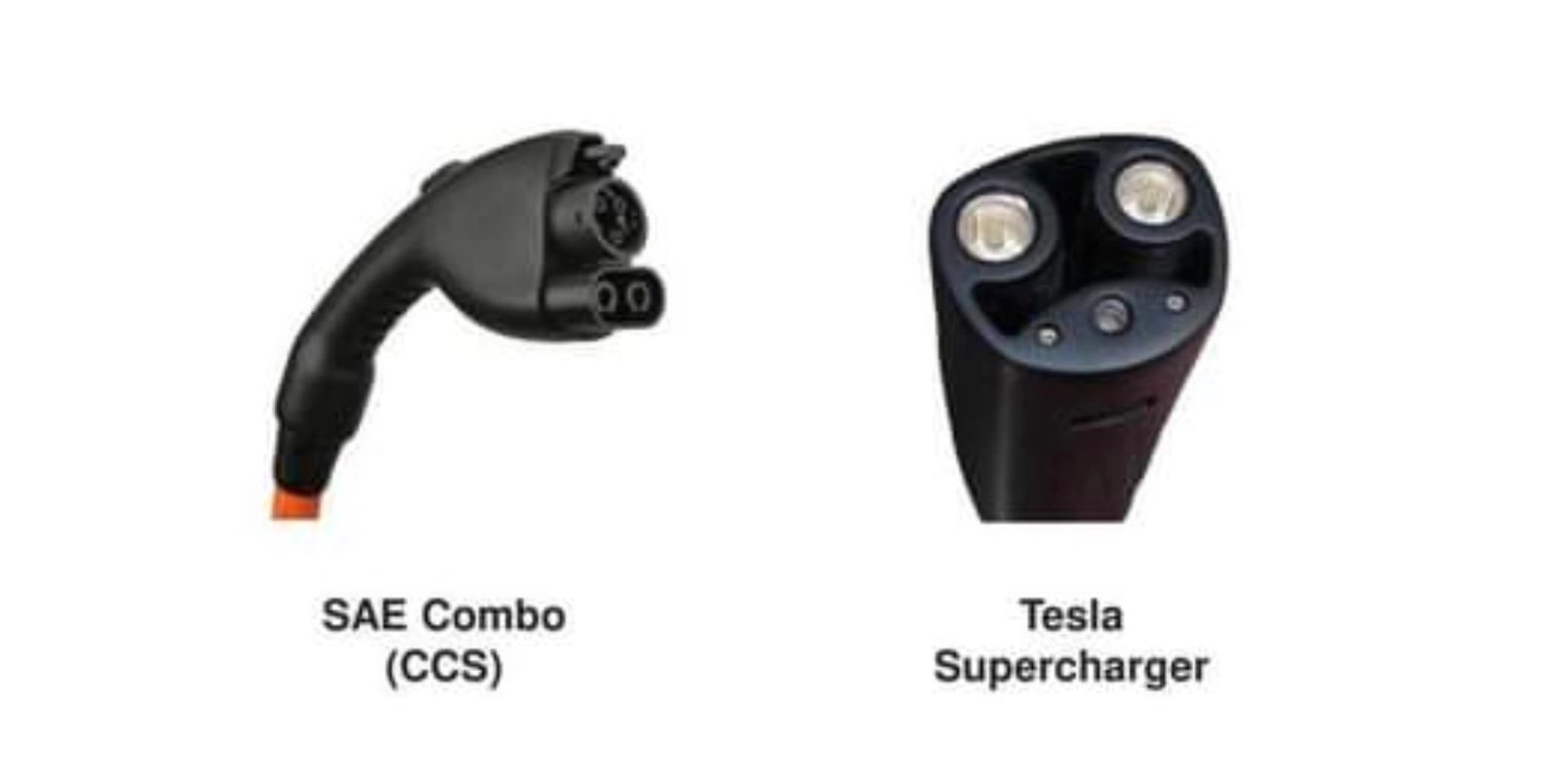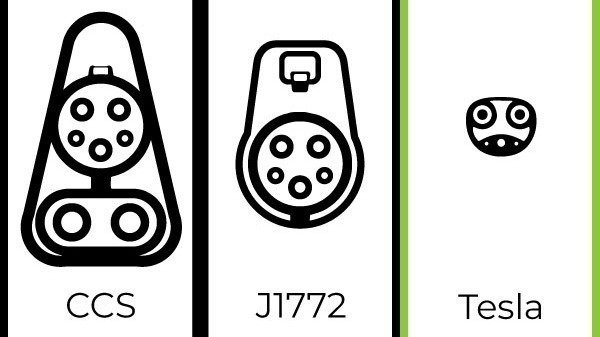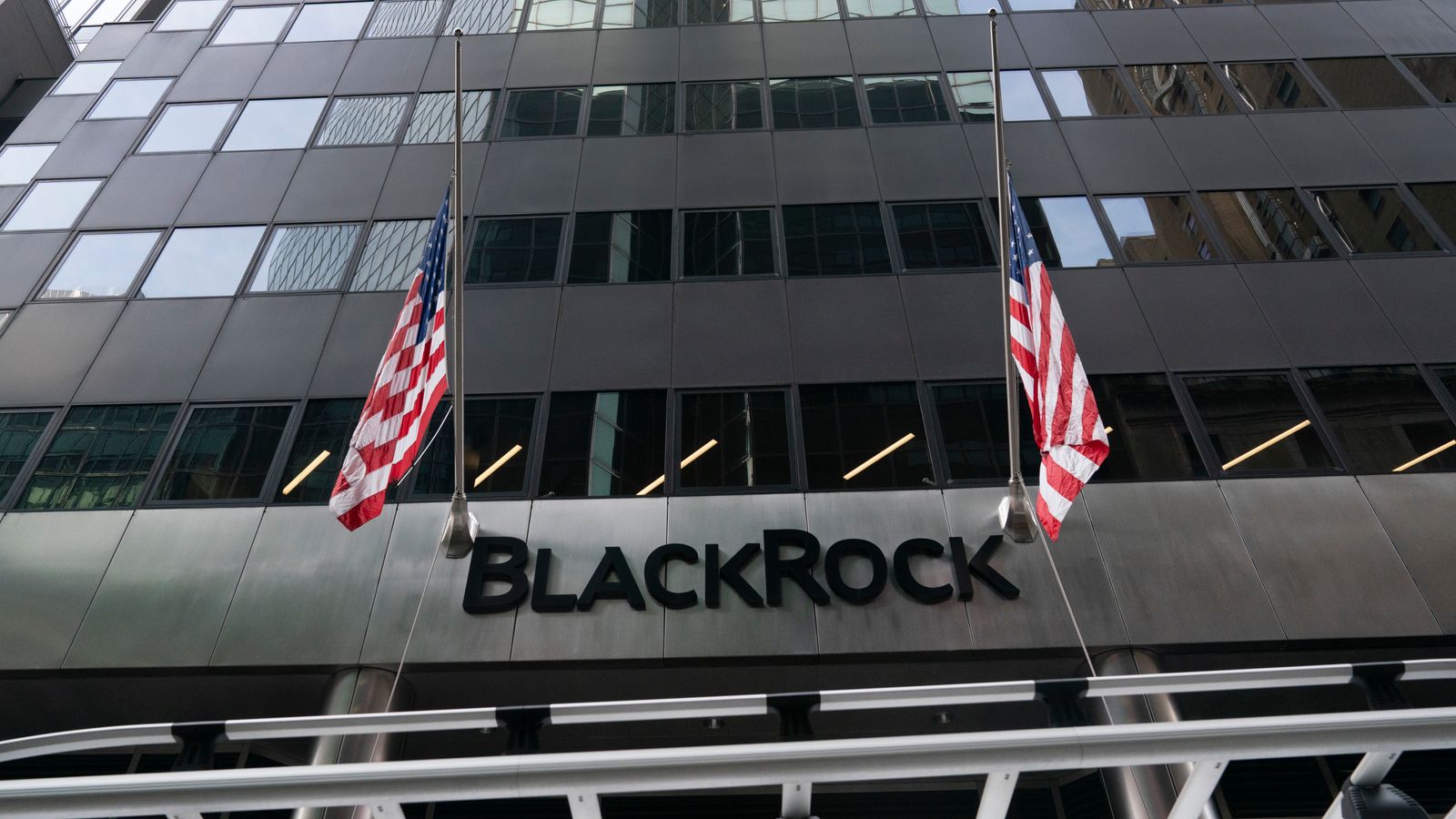
CharIn, the association behind the CCS EV charging standard, has issued a response to the Tesla and Ford partnership on the NACS charging standard.
They are unhappy about it, but here’s what they get wrong.
Last month, Ford announced that it will integrate NACS, Tesla’s charge connector that it open-sourced last year in an attempt to make it the North American charging standard, into its future electric vehicles.
This was a big win for NACS.
Tesla’s connector is widely recognized for having a better design than CCS.
NACS was already more popular than CCS in North America thanks to the sheer volume of electric vehicles the automaker has delivered in the market, but other than its more efficient design, it was the only thing going for the connector.
Every other automaker had adopted CCS.
Ford getting on board was a big win, and it might create a domino effect with more automakers adopting the standard for a better connector design and easier access to Tesla’s Supercharger network.
It would appear that CharIn is trying to rally its member not to join NACS as it issued a response to the Ford and Tesla partnership trying to remind everyone that it is the only “global standard”:
In response to Ford Motor Company’s announcement on May 25 to utilize the North American Charging Standard (NACS) Proprietary Network in 2025 Ford EV models, the Charging Interface Initiative (CharIN) and its members remain committed to providing EV drivers with a seamless and interoperable charging experience using the Combined Charging System (CCS).
The organization claimed that the competing standard is creating uncertainty:
The global EV industry cannot thrive with several competing charging systems. CharIN supports global standards and defines the requirements based on the input of its international members. CCS is the global standard and therefore focuses on international interoperability and, unlike NACS, is future proofed to support many other use cases beyond public DC fast charging. Early, unconsolidated announcements of changes create uncertainty in the industry and lead to investment obstacles.
CharIN argues that NACS is not a real standard.
In a fairly ironic comment, the organization expresses its disapproval of the charging adapter because they are hard to “handle”:
Further, CharIN also does not support the development and qualification of adaptors for numerous reasons including the negative impact on the handling of charging equipment and therefore the user experience, the increased probability of faults, and effects on the functional safety.
The fact that the CCS charge connector is so large and hard to handle is one of the main reasons people are pushing to adopt the NACS.
CharIn also doesn’t hide the fact it believes that public funding for charging stations should only go to those with CCS connectors:
Public funding must continue to go towards open standards, which is always better for the consumer. Public EV infrastructure funding, such as the National Electric Vehicle Infrastructure (NEVI) Program, should continue to only be approved for CCS-standard-enabled chargers per federal minimum standards guidance.
The $7 billion for charging stations in the federal infrastructure bill doesn’t require stations to have CCS connectors, but it does require them to be available to “more than one automaker.”
Electrek’s Take
Obviously, CharIn is trying to defend itself and survive here, but I don’t think it is necessarily fighting fair.
When it comes to the charge connector itself, there’s no doubt that they lost the battle. It is almost comical how bad the design of the CCS connector is compared to Tesla’s:

I also take offense at claiming to be a “global standard.” First off, what about China? Also, is it really global if the CCS connectors are not the same in Europe and North America?
The protocol is the same, but my understanding is that the NACS protocol is also compatible with CCS.
Either way, you don’t really need a “global” standard. It would be a bit more efficient at the manufacturing level, but it terms of consumers, it is fairly rare that cars travel from Europe to North America after being sold.
The truth is that CCS had its chance to become the standard in North America, but the charging network operators in the region have so far failed to keep up with Tesla’s Supercharger network in terms of scale, ease of use, and reliability.
It is giving Tesla some leverage in trying to make NACS the standard, and for good reasons since it is a better design. CCS and NACS should simply merge in North America and CCS can adopt the Tesla form factor.
What do you think? Let us know in the comments section below.
FTC: We use income earning auto affiliate links. More.












